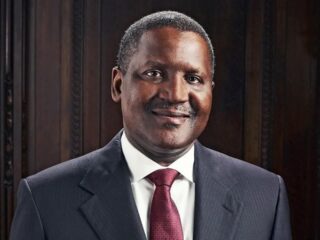France plans to ban all petrol and diesel vehicles by 2040, the country’s new environment minister has announced.
Nicolas Hulot made the announcement as he unveiled a series of measures as part of newly elected President Emmanuel Macron’s plan to make the country carbon neutral by 2050.
Mr Hulot said he recognised the target would put pressure on France’s car manufacturers, but he said they currently had projects which “can fulfil that promise”.
As part of the plan, poorer households will receive a premium so they can swap their polluting vehicles for clean alternatives.
The announcement comes after Volvo said on Wednesday it planned to built only electric and hybrid vehicles from 2019.
Speaking at a press conference, Mr Hulot told reporters France would stop using coal to produce electricity by 2022 and that up to €4bn of investments will help to boost energy efficiency.
The announcements are part of a five-year-plan to encourage clean energy and fulfil the country’s commitments under the Paris Agreement.
Mr Hulot said the government wanted to maintain the country’s “leadership” in climate policy.
“We want to demonstrate that fighting against climate change can lead to an improvement of French people’s daily lives,” he said.
France is not the only country which aims to ban combustion-powered cars. The Netherlands and Norway previously said they wanted to get rid of petrol and diesel vehicles by 2025 and Germany and India announced similar plans ahead of 2030.
Mr Hulot also announced plans to end the importation of products such as palm oil and unsustainably grown soya, which contribute to deforestation around the world and particularly in the Amazon forest, South-East Asia and in Congo.
The former journalist and wildlife TV presenter said deforestation represented 10 per cent of global greenhouse gas emissions.
He said it would be “schizophrenic” to encourage industrials and manufacturers to reduce their emissions while accepting that millions of trees, which absorb carbon dioxide, are being chopped down.














